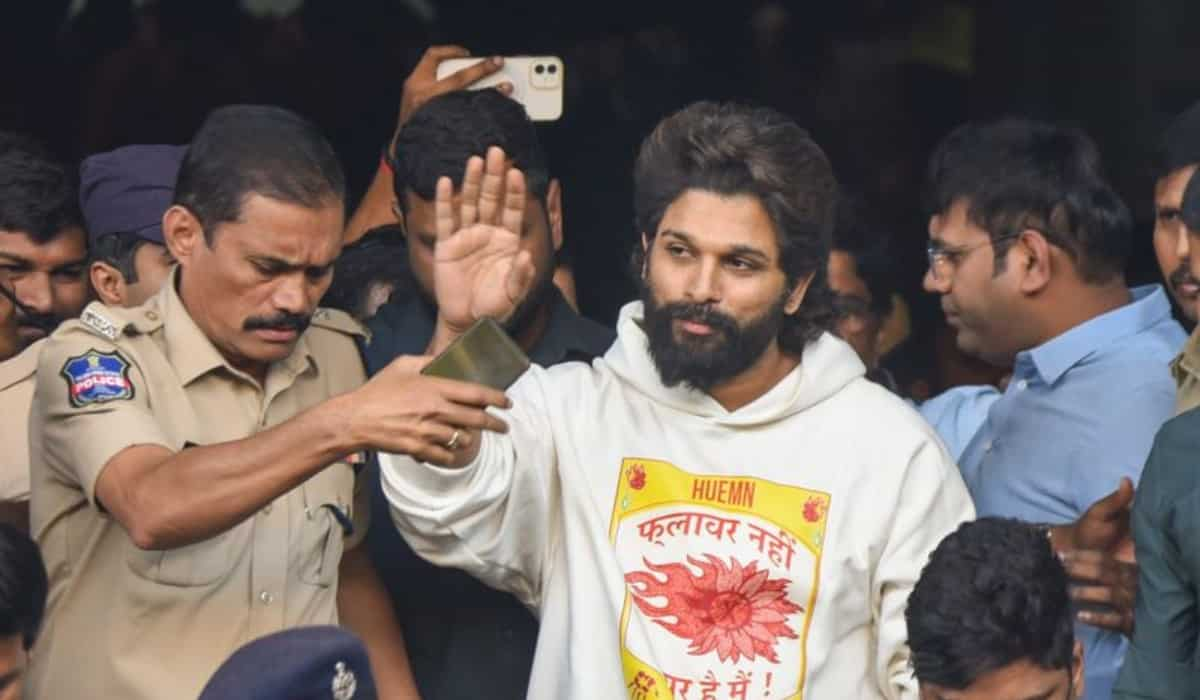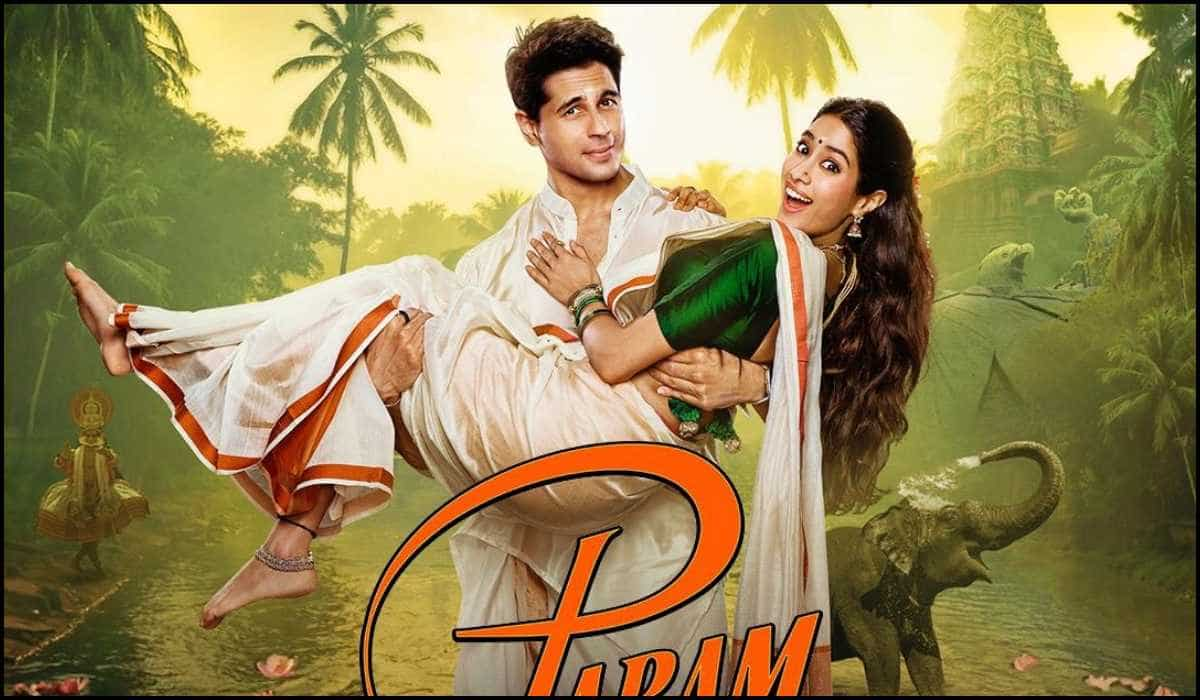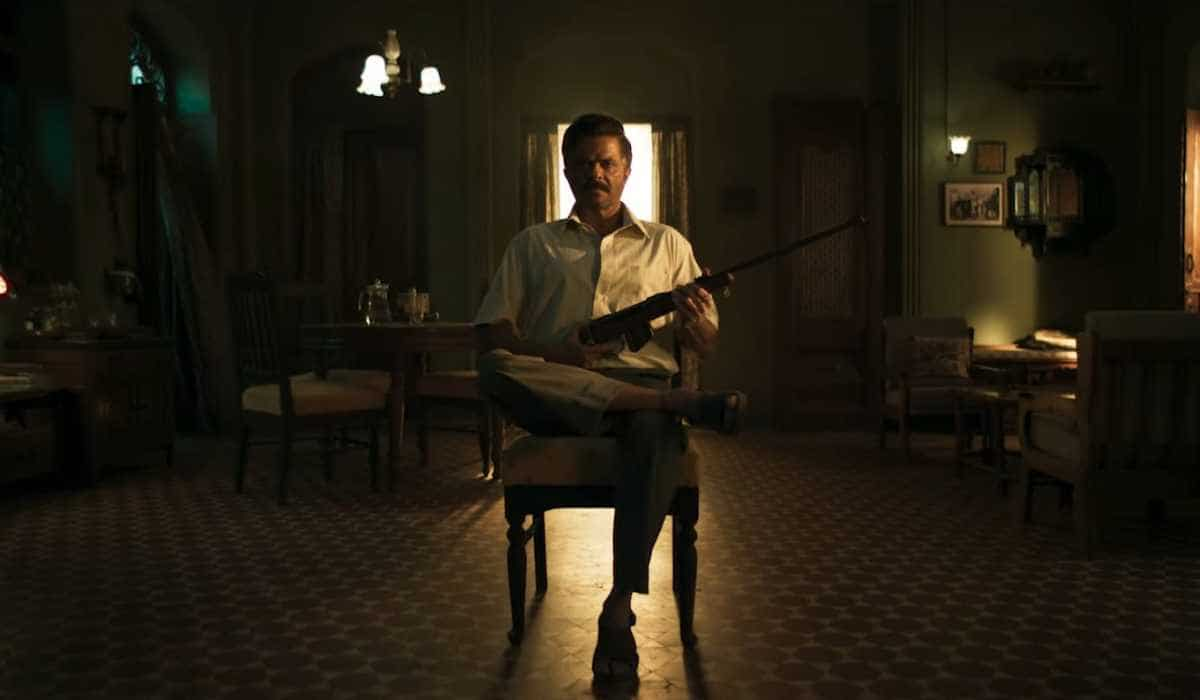
Turned down: Here’s why Indian men take rejection so badly
3 months ago | 38 Views
Dating is hard for women. First, we must sift through the creeps to find a decent person on an app. Then, we must chat enough to want to meet. Then, when we do go out for drinks, we insist on splitting the bill and are told we don’t need to. But over the evening, it turns out, there’s no spark (or he reveals that his favourite movie is Animal, from last year. Ugh!). So, we text the next day that we’d prefer being friends. He readily agrees. But five minutes later, he texts back, detailing the bill from last night, breaking down who ate and drank what, and where to send our share of the costs. Wait, what? We owe him because we rejected him?
When it happened to 38-year-old marketing communications executive, Nandini Malik this July, she was taken aback. It reminded here, all over again, that most men – even the ones who don’t plot acid attacks – find it hard to process rejection. And as more young people look for their own partners and exercise their own right of refusal, the rules on who gets to say no, and what happens after, aren’t clear to everyone.

Rejection is disappointing, obviously. Malvika Lobo, psychologist at The Thought Co, says the word No brings up feelings or beliefs you may have about yourself, things you may not want to accept. “The more in denial we are about ourselves, the more we hold others responsible and persecute them for our feelings.” Blaming someone else is easier than admitting that every woman doesn’t view a man as a prize.
“It is terrible to feel rejected but it’s not injustice,” says Lobo. But who’ll tell the guys? For generations, the “boy’s side” was the arranged-marriage catch, as brides were expected to marry above their station, and stay forever grateful. Grooms were rarely rejected outright. So, when young men learn that they don’t measure up to a woman’s expectations, the rage is real and confusing.

Akash Arora, 33, a real-estate agent, recalls matching with a woman on a dating app in early 2020, just before the lockdown. “We couldn’t meet. But we talked all day and all night,” he says. He fell for her hard. A few months in, she stopped replying as often, and told him she just wasn’t feeling the connection anymore. He suspected that she may have been chatting with other people too. That hurt all the more. “I couldn’t leave the house to go see her but that’s all I wanted to do,” he says. He started acting out at home, sent her Amazon packages almost every day, hoping to win her back. At his lowest, he started DMing her friends, trying to flirt with them to get her attention.
Priyanka Varma, founder of The Thought Co, says the casual dismissal affects young people more because of how frequently it happens on app-based connections. “The impersonal nature of digital communication allows for easy exits—unmatched, ghosted, or dropped—without the same social accountability that exists in real-life,” she says.

Saher Khan, 28, a social media strategist, didn’t think twice about chatting with people on dating apps and going cold when she lost interest, until November last year, when a man ghosted her. “I didn’t take it well. I sent multiple texts, follow-ups, tried calling, was practically begging him to speak with me. He eventually blocked me,” she recalls. Since then, she’s been more mindful of how she lets people down. “I have been ghosted once or twice since then,” she admits. But she tries not to let it get to her. “It’s part of online dating.”
As Lobo points out, “The person who rejected you did something that was uncomfortable for them too.” Arora got over his rejection. He’s in a happy, committed relationship. But he’s learnt not to go overboard when someone’s feelings for him wane. It’s #NotAllMen. But it’s a start.
Thanks, I’ll pass: What rejection looks like today
No Conversation After Matching: This is perhaps the mildest form of rejection, it’s passive. It may feel less personal because the interaction never truly began.
Ghosting After Initial Engagement: The feeling of rejection may sting more because some level of interest was shown by one person. And the connection was broken without any warning signs.
Delaying or Avoiding a Real-Life Meeting: So frustrating, as it often leaves the other person in a state of limbo, unsure if they are being led on or simply deprioritised.
Meeting in Person but Not Pursuing it Further: It feels worse because they checked you out and checked out. At its mildest, it’s bad manners. At its worst, it’s an insulting cowardly way to move on.
Read Also: Teacher's Day: 8 ways to manage stress if you are a teacher





















